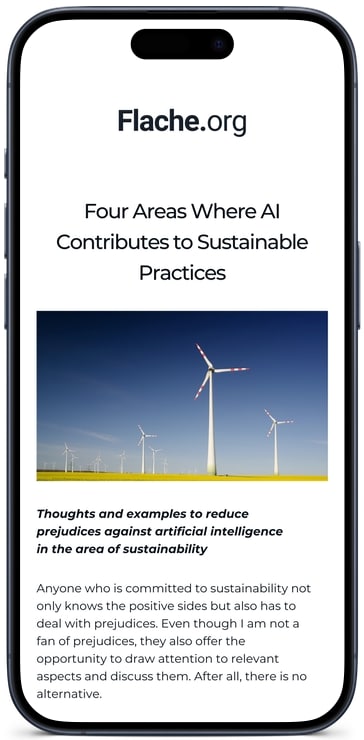Transitioning to more sustainable practices can be challenging for organizations, especially regarding the financial aspect.
There is no question that planning and implementing sustainability initiatives often involves significant upfront costs for environmentally friendly technologies, materials, and processes.
Let me outline three points organizations can use to overcome this hurdle:
1. Cost-benefit analysis
Identify where sustainable practices can lead to long-term cost savings. By investing in energy-efficient technologies or waste reduction measures, organizations can not only reduce their environmental impact but also improve their bottom line over time.
2. External funding or incentives
Governments and institutions offer grants, subsidies, or tax credits to support sustainable initiatives. By leveraging these financial resources, organizations can offset the initial costs of adopting green practices and make the transition more manageable.
3. Partnerships and collaborations
Collaborate with other companies, suppliers, or industry associations to share costs and resources related to sustainability efforts. By collaborating towards common goals, organizations can pool their expertise and financial resources to make sustainability more attainable for everyone involved.
—
A strategic and collaborative approach can help organizations overcome the financial challenges of shifting to more sustainable practices — reaping the long-term benefits of a greener and more efficient business model.


